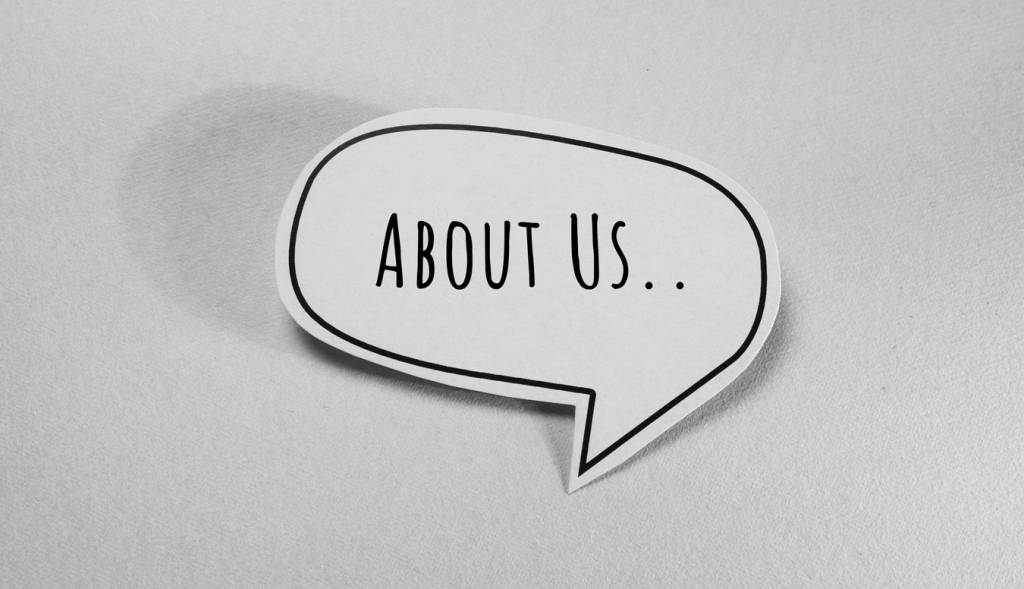 There’s been a lot of talk about robots taking jobs and recently I saw something implying that people may be dying prematurely because of the perception of not enough work.
There’s been a lot of talk about robots taking jobs and recently I saw something implying that people may be dying prematurely because of the perception of not enough work.
While the robots taking jobs is definitely happening (and it’s not all a bad thing). I’m not sure there is enough data for the second point.
Regardless, these two points and many other factors contribute to the idea that the time might be right for a Universal Basic Income (UBI)
A Basic Income was proposed by Thomas Paine over 200 years ago.
A “basic income” is an income unconditionally granted to all on an individual basis, without any means test or requirement to work.
Another term for Basic Income is Guaranteed Minimum Income (GMI) sometimes called minimum income. And, yes it is a system of social welfare.
The idea of a Universal Basic Income is brought up here because, a little like Star Trek, there should be a way for people of every region (or quadrant in Star Trek speak) to have their basic necessities covered.
The argument against a UBI
There are a lot of arguments against a universal basic income. Most of those arguments come from people that already have money or have worked really hard for what they do have. The implication is that people that receive, or may receive, a UBI somehow don’t deserve it.
I don’t want to use this post to identify every possible thing wrong with a UBI. I’m sure there is a long list of people that would be happy to line up and say 10 reasons each why a UBI is bad, won’t work, and how it offends them on so many levels. However, I would like to hear your thoughts in the comments. Also, I’d like to get your thoughts to what I call the “root question” below.
Soft skills and a UBI
One question I have been mulling over in my mind for several months has been a very simple one.
What would you do with a UBI?
To me this is the simplest and most logical question to think about as to whether a UBI is good or bad.
If you had your basic necessities covered what would you do with your time?
Would you:
- Teach
- Volunteer more
- Travel
- Work more
- Add a few Side Hustles (see Get a Side Hustle)
I can see a case for all of these and probably a whole lot more. I’d like to hear your thoughts in the comments.
By the way, just because you have a UBI it does not mean that you can’t continue with your current job or seek out a completely new job or passion project that really get you excited. Having a UBI does not preclude you from being entrepreneurial
Real World Scenarios
There are experiments with Basic Income going on in Oakland, California with Y Combinator; and another in Finland is ongoing; Switzerland has already voted down a Basic Income measure, but there are many more in the works. Will all of these succeed? Probably not. Will they provide valuable insights into what works, what doesn’t, and what should be tried next? Absolutely. Also, mark you calendars for May 1st as this has been declared as Basic Income Day.
One of the areas where concerns and issues have been raised with a UBI is the concern with people taking it as a handout and that there is no need to work every again. Some think that it’s some form of pure socialism. And, maybe it is. But, as I noted above I’d love to hear your thoughts. I do think that this is going to be a topic that is going to come up more and more in the next few years and certainly in the next decade.
And this is not purely a reaction to robots and automation. I do believe that the adoption of robots and automation will accelerate this conversation and bring it to the forefront.
Ultimately it will be up to the will of the people and the government agencies to decide how serious they believe a UBI is for their culture and country.
Eventually we might get to a Star Trek model where currency isn’t valued like it is today.
Soft skills and a UBI
There are a lot of soft skills that can be applied to almost anything you can imagine when you know your basics are covered. I can envision people with skills and running projects, building things, advancing science, learning languages, training our future generations.
Not to mention some of the baby boomers that are reaching retirement age, but have no intention or ability to retire. Those baby boomers have skills that can be applied directly to a lot of different things. As I noted in Millennials Meet Your New Business Partners there is an area of potential synergies where Boomers can connect with Millennials and pool their UBI resources.
How would your life change with a UBI?
- Would you change careers?
- Would you move to a different place?
- Would you do more of what you are currently doing?
There is no wrong answer. However, in the coming years and certainly in the next decade this is going to be a topic that will be addressed. No matter where you live in the world the concept and the idea of a universal basic income will be likely be discussed.
Career Choices may be altered by a UBI
You may decide on a different career path. You may decide to live somewhere else. Perhaps based on a better UBI package being offered. It is possible countries could compete for talent based on their implementation of a UBI. You may find a UBI provided benefits that you have yet to consider.
The Idea of a Basic Income is Not New
As noted above Thomas Paine considered a Basic Income as part of the framework for the early United States of America. So, the idea of a UBI is not new, but it’s one that I believe will start to get more traction in the next few years. I talk a lot in these posts about standing out in your career. I believe that understanding what a UBI is and means both for your career and for the careers of those with whom you interact and impact is a worthwhile area of study. Which is why I asked the questions above and I’d still like to get your thoughts on the concept and realities of what a UBI means to you.
Thinking about a Universal Basic Income now and being informed about it today are both prudent and realistic things for anyone to consider. Because in the not too distant future you may need to cast a vote for the way EVERYONE is paid.













